14 Gifted Math Geeks Who Have Made Big Bucks Gambling (Part2)
Harin - Jun 12, 2019
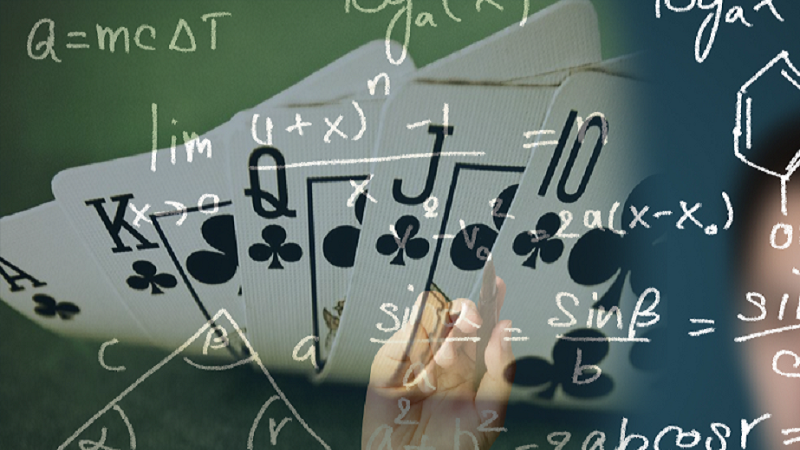
The continuation of our list of math geeks who’ve used their computational skills to make big bucks playing the lottery, or on other forms of gambling.
- A Math Formula Tells Us How Long Everything Will Live
- Shakuntala Devi Awarded Guinness World Records’ Fastest Human Computation Certificate After 40 Years
- This Magical Number Will Help You Find A Parking Space, The Perfect Apartment, And Even A Suitable Spouse
While some geniuses use their knowledge and skill to make a fortune in an old-fashioned way, through dedication and hard work, others try to bypass the system and to be rich in a somewhat illegal way.
Here we have a list of math geniuses who, with their computational skills, have made big bucks playing the lottery or trying other types of gambling. Some did not commit any illegal act and simply used their knowledge, others cheat and lie using their math skills, and some found out how a system worked just for fun.
8. Keith Taft
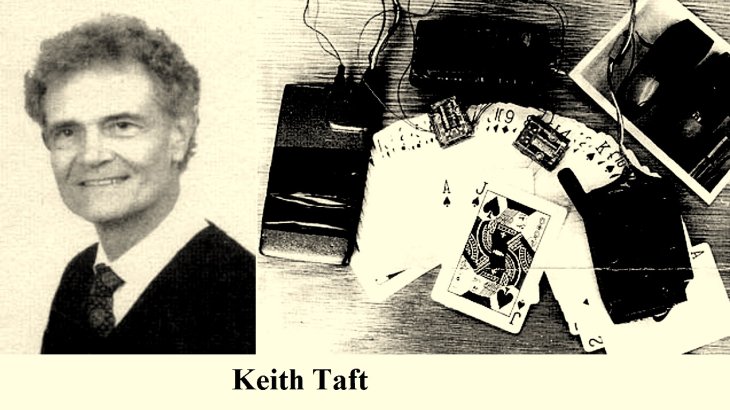
The legend in the blackjack world, Taft impulsively played a blackjack game in 1969. And after that, he became hooked. He put his time and effort in reading card counting books but could never actually master the strategy. So, he decided to invent a computer that would do it. His computer was small enough to fit on his body and be concealed. Taft operated the computer with his toes. When considering this happened in 1969, it is quite impressive since computers of this time were so huge that they took up a lot of space. The cheating system named George took Taft two years to complete. The system used statistics and mathematics to count cards, find a smart wager, determine the house advantage and tell Taft what move he should make. The computer turned out to be a failure. But it became a model for other systems which earned Taft, along with a team of pro players, $100,000. At that time, Taft’s inventions were considered legal. But as of today, all of them are banned.
9. The Four Horsemen of Aberdeen
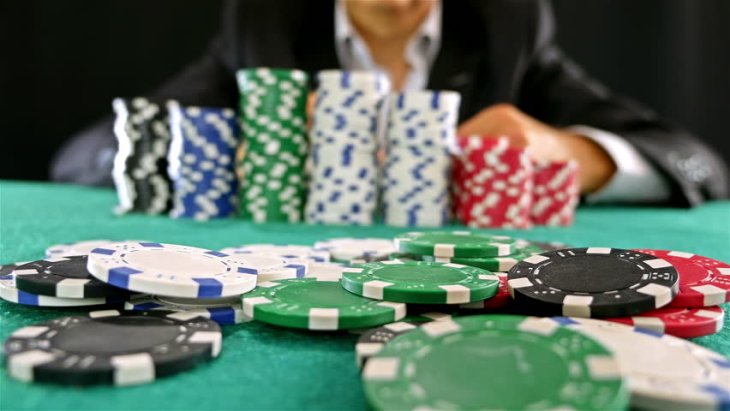
The “Four Horsemen” included Roger Baldwin, Herbert Maisel, James McDermott, and Herbert Maisel. They were Army officers who came up with one of the first strategy guides for blackjack. By applying probability theory, the group developed strategies helping players improve their chances of winning. Eventually, they released the Playing Blackjack to Win book containing their findings. In the book are the calculations later used by Ed Thorp to write his own guide to play blackjack. With basic calculators, they developed a card counting system giving players a .1% advantage. However, it is unclear if they ever took advantage of their findings for their own benefits.
10. James Grosjean
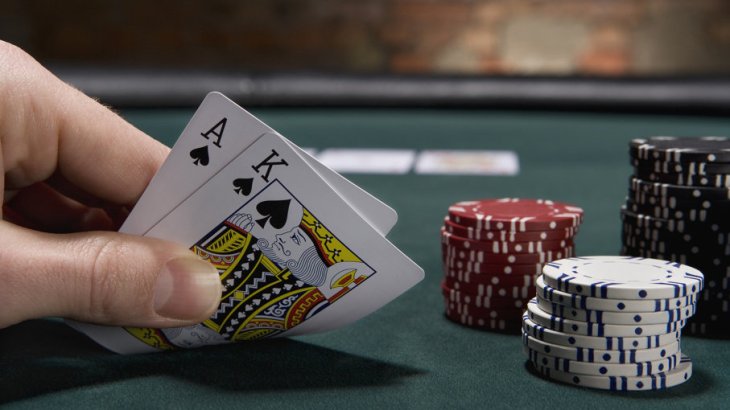
Harvard grad, gambling expert and the author of a book called Beyond Counting: Exploiting Casino Games from Blackjack to Video Poker, James Grojean figured out how to use mathematics to increase the odds of winning. While he was an economics grad at the University of Chicago, Grosjean became hooked with casino play. After that, he decided to be a professional player. He often worked with several partners and used computers for data analysis. With his mathematically-based strategies, Grosjean made a small fortune for himself. In legal battles against the casinos, he has won several cases. In 2005, in his case with the Imperial Palace, the judge sided with Grosjean, leading to him score about $600,000 judgment.
11. Cash WinFall Group
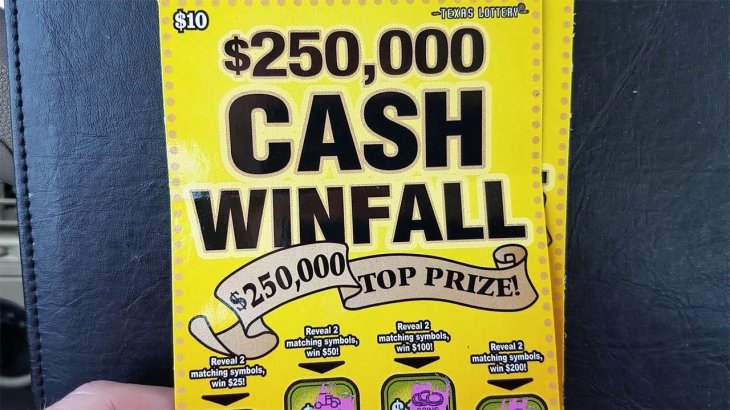
In July 2011, the owners of a gambling company, Marjorie and Gerald Selbee, spent more than $614,000 on tickets for a game called Cash WinFall. Each ticket cost $2. With a payout of only $2 million and only one winner in seven years, some thought this was an unwise way to win. However, the Selbees already had a plan. Every three months, if there was no jackpot winner, smaller prizes’ payoffs increased significantly. Anyone spending at least $100,000 on the tickets would get a payoff. So the Selbees and betting groups from Northwestern and MIT bought about the games’ half of the tickets. As of today, the Selbees has won more than $1 million.
12. Bruce Bukiet
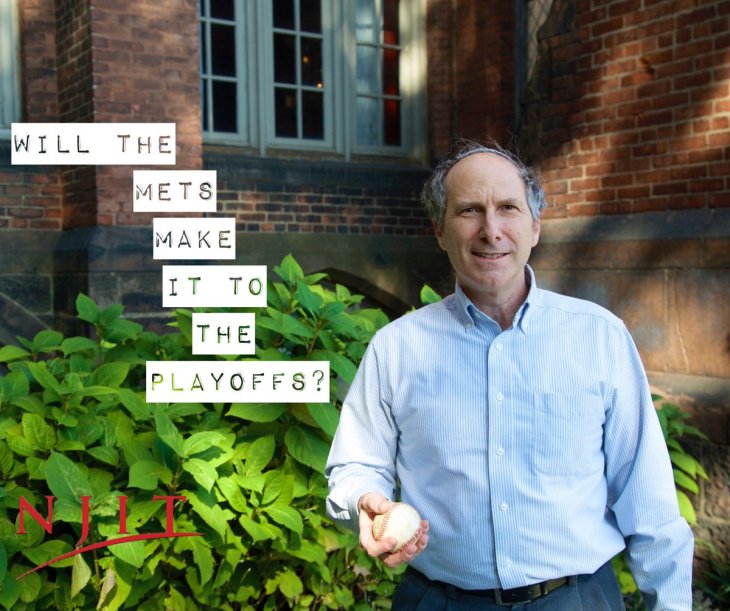
For some people, betting on a baseball team winning the World Series or even making it to the participating list, would be a big gamble. However, Professor Bruce Bukiet from the New Jersey Institute of Technology may have discovered a system increasing the winning chance. He has come up with a mathematical model that calculates the odds of one team winning against another team, with surprising results. In six years of his eight years using the model, he has beaten the odds. Certainly, Bukiet’s system is not foolproof. He predicted that this year the Dodgers, Braves, Phillies, and Cardinal would be division winners for the National League. But the real winners were the Braves, the Brewers, the Phillies, and the Cardinals. However, Bukiet doesn’t use his predictions to gamble.
13. John Kelly, Jr.
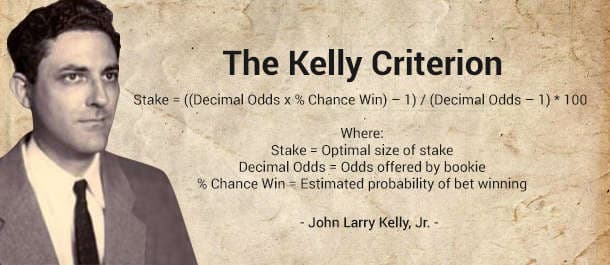
In the early 60s, John Kelly, Jr. with his Ph.D. in physics degree from the University of Texas got a position at Bell Labs. This was the place where he developed the well-known Kelly criterion which is a formula to determine the optimal size for a series of bets, whether on the stock market or in a casino. The theory was later used by Thorp and Claude Shannon, an associate of Kelly while Kelly, himself, never got the chance to test it out. Kelly passed away in 1965 when he was only 41 years old. He left behind a formula which has made the fortunes of famous businessmen like Warrant Buffet, Jim Simons, and Bill Gross.
14. Steven Skiena
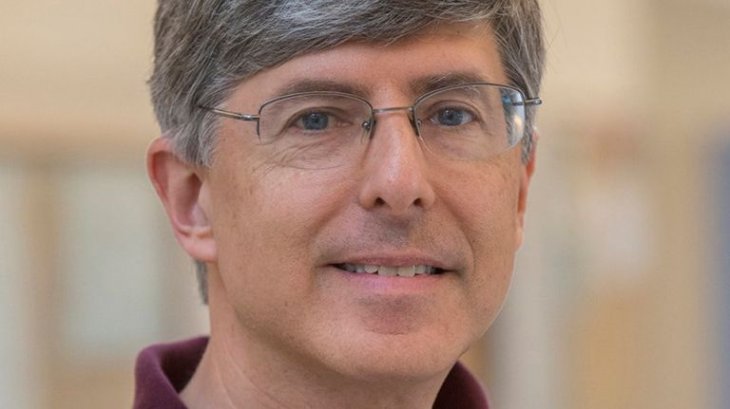
If you think that betting on sports is just pure luck, you should think again. For some sports, this might be true but for jai alai, there is actually a working system, as proven by Steven Skiena, a science professor in 2004. He had begun making predictions on sports outcomes since 1977 and correctly predicted the results of the NFL games with an accuracy of 65%. Since then, he has tweaked his methods, turning an investment of $250 into $1851. Skiena came up with a complex mathematical system. And with a computer, he could accurately predict which player or team to bet on. To Skiena, this was only a mere mathematical exercise. He donated all of his winnings to charity.
Featured Stories

Features - Jan 29, 2026
Permanently Deleting Your Instagram Account: A Complete Step-by-Step Tutorial

Features - Jul 01, 2025
What Are The Fastest Passenger Vehicles Ever Created?

Features - Jun 25, 2025
Japan Hydrogen Breakthrough: Scientists Crack the Clean Energy Code with...

ICT News - Jun 25, 2025
AI Intimidation Tactics: CEOs Turn Flawed Technology Into Employee Fear Machine

Review - Jun 25, 2025
Windows 11 Problems: Is Microsoft's "Best" OS Actually Getting Worse?

Features - Jun 22, 2025
Telegram Founder Pavel Durov Plans to Split $14 Billion Fortune Among 106 Children

ICT News - Jun 22, 2025
Neuralink Telepathy Chip Enables Quadriplegic Rob Greiner to Control Games with...

Features - Jun 21, 2025
This Over $100 Bottle Has Nothing But Fresh Air Inside

Features - Jun 18, 2025
Best Mobile VPN Apps for Gaming 2025: Complete Guide

Features - Jun 18, 2025
A Math Formula Tells Us How Long Everything Will Live
Read more

Mobile- Feb 17, 2026
Anticipating the Samsung Galaxy S26 and S26+: Key Rumors and Specs
The Samsung Galaxy S26 series is on the horizon, sparking excitement among tech enthusiasts.

ICT News- Feb 18, 2026
Google's Project Toscana: Elevating Pixel Face Unlock to Rival Apple's Face ID
As the smartphone landscape evolves, Google's push toward superior face unlock technology underscores its ambition to close the gap with Apple in user security and convenience.

ICT News- Feb 19, 2026
Escalating Costs for NVIDIA RTX 50 Series GPUs: RTX 5090 Tops $5,000, RTX 5060 Ti Closes in on RTX 5070 Pricing
As the RTX 50 series continues to push boundaries in gaming and AI, these price trends raise questions about accessibility for average gamers.

Mobile- Feb 16, 2026
Xiaomi Launches Affordable Tracker to Compete with Apple's AirTag
For users tired of ecosystem lock-in or high prices, the Xiaomi Tag represents a compelling, no-frills option that delivers core functionality at a fraction of the cost.
Comments
Sort by Newest | Popular